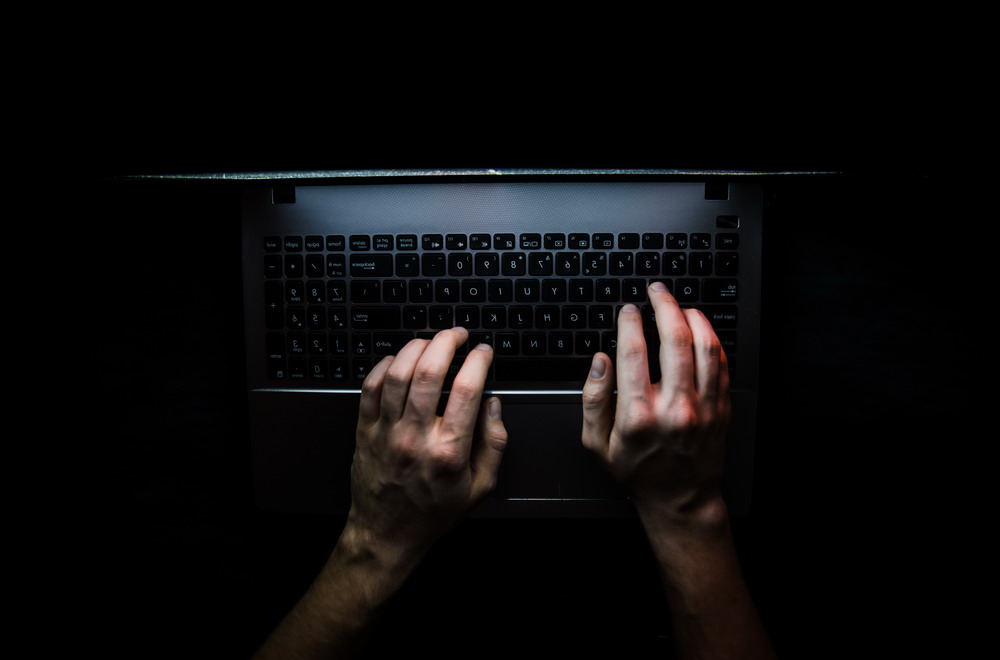
The Dark Web Is a Real Thing – Here’s Why It Matters
You have probably heard people talking about the dark web. If not, you have at least read about it online. Here’s the most important thing to know: the dark web is a real thing. It is not the figment of someone’s imagination. It is not the fictional invention of conspiracy theorists who have too much time in their hands. It exists, and you should care.
The dark web is home to much of the nefarious activity that takes place online. It is where cyber criminals gather to exchange information and make their plans. Unfortunately, the chances are pretty good that some of your personal information exists on the dark web.
In an article discussing Cyber Security Awareness Month 2022, Vivint cited a number of troubling statistics, including the fact that some 47% of the respondents to an Aite-Novarica survey admitted being victims of identity theft. How many of those identity theft cases were linked to information found in the dark web?
The Dark Web Explained
The internet is made up of a series of interconnected computer networks through which information is shared. For all intents and purposes, it exists on three levels:
- Public Internet – What we access to every day, through standard web browsers, constitutes the public internet. Your favorite news sites, shopping sites, etc. all exist in this space.
- Deep Web – The deep web is made up of websites and pages that can be accessed with a standard browser but require some sort of authentication to get beyond a firewall.
- The Dark Web – The dark web consists of sites and pages that cannot be accessed with standard web browsers. You need a special Tor browser capable of communicating on heavily encrypted Tor networks.
The dark web is specially designed to route traffic through a seemingly endless number of servers in order to avoid detection. Many of the URLs on the dark web do not even look like standard URLs. They are nothing but a string of numbers and characters.
It’s All About Anonymity
The dark web exists for one reason and one reason only: anonymity. In fairness, there are some legitimate enterprises that use it in completely legal ways that do not compromise individuals or other organizations. However, such entities are the exception to the rule.
Most of what goes on in dark web circles is illegal, unethical, or both. That’s why it has been designed to guarantee anonymity. People engaging in illicit activities do not want to be discovered.
The Authorities Are Watching
There is little doubt the dark web has some allure among people who do not intend to visit for nefarious purposes. Plenty of curiosity seekers venture onto it every day. If you are tempted to do so, just know that the government is always watching.
Government authorities are fully aware that the dark web is a haven for illegal operations. They know it is used by all sorts of bad actors including identity thieves, drug dealers, gambling networks, and so on. They monitor it continuously.
Your going on the dark web could land you in trouble with the authorities even if you’ve done nothing wrong. If that’s something you’re not interested in dealing with, just stay away from the dark web.
Information Bought and Sold Online
The dark web’s practical impacts on consumers are associated mainly with the buying and selling of personal information. If you have done business with a company that has been hacked in recent years, the chances are pretty good that some of your information can be found on the dark web.
Here are just a few examples of some of history’s biggest data breaches:
- Yahoo! (2013-2016) – 3 billion user accounts affected
- Collection #1-5 (2019) – 2.2 billion user names and passwords compromised
- First American Financial Corp. (2019) – 885 million records accessed
- Equifax (2017) – 605 million records and 147 million consumers affected
- Facebook (2019) – 540 million records affected.
The list goes on and on. All sorts of well-known companies, from Marriott to LinkedIn and Friend Finder, have been victimized. And whenever data breaches occur, the information gleaned from those breaches can easily end up on the dark web where it is sold to hackers who use it to steal identities, drain bank accounts, etc.
What You Can Do to Protect Yourself
It is all well and good to discuss the dark web and the consequences of a network data breach. But what can you do to protect yourself? Unfortunately, you cannot force the companies you do business with to maintain data security. But you can be choosy about those you patronize. If you know a company has a bad reputation in the data security department, go elsewhere.
As for proactive steps you can take on your own, here are some suggestions:
Safeguard Usernames and Passwords
Safeguard all your usernames and passwords. Do not share them with anyone under any circumstances. Also, don’t use the same username and password on multiple accounts. Each of your accounts should be unique. Finally, use a random password generator to avoid picking ones that hackers could easily figure out.
Change Passwords Frequently
As long as we are talking about passwords, make sure to change them frequently. Every changed password forces hackers to start over if they want to gain access to one of your accounts. Changing passwords also renders older information found in the dark web useless.
Avoid Public Networks
Avoid using public networks to get online. It goes without saying that such networks are a haven for cyber criminals looking to intercept traffic and sell data on the dark web.
Secure Your Home Network
Secure your home network by using the latest authentication protocols and creating a unique network name, administrative username, and password. Never share that information with anyone.
The dark web is a real thing. It is a place where bad actors love to hang out. It is a network on which you don’t want your personal information showing up. So with that in mind, be incredibly careful how you conduct yourself online.





